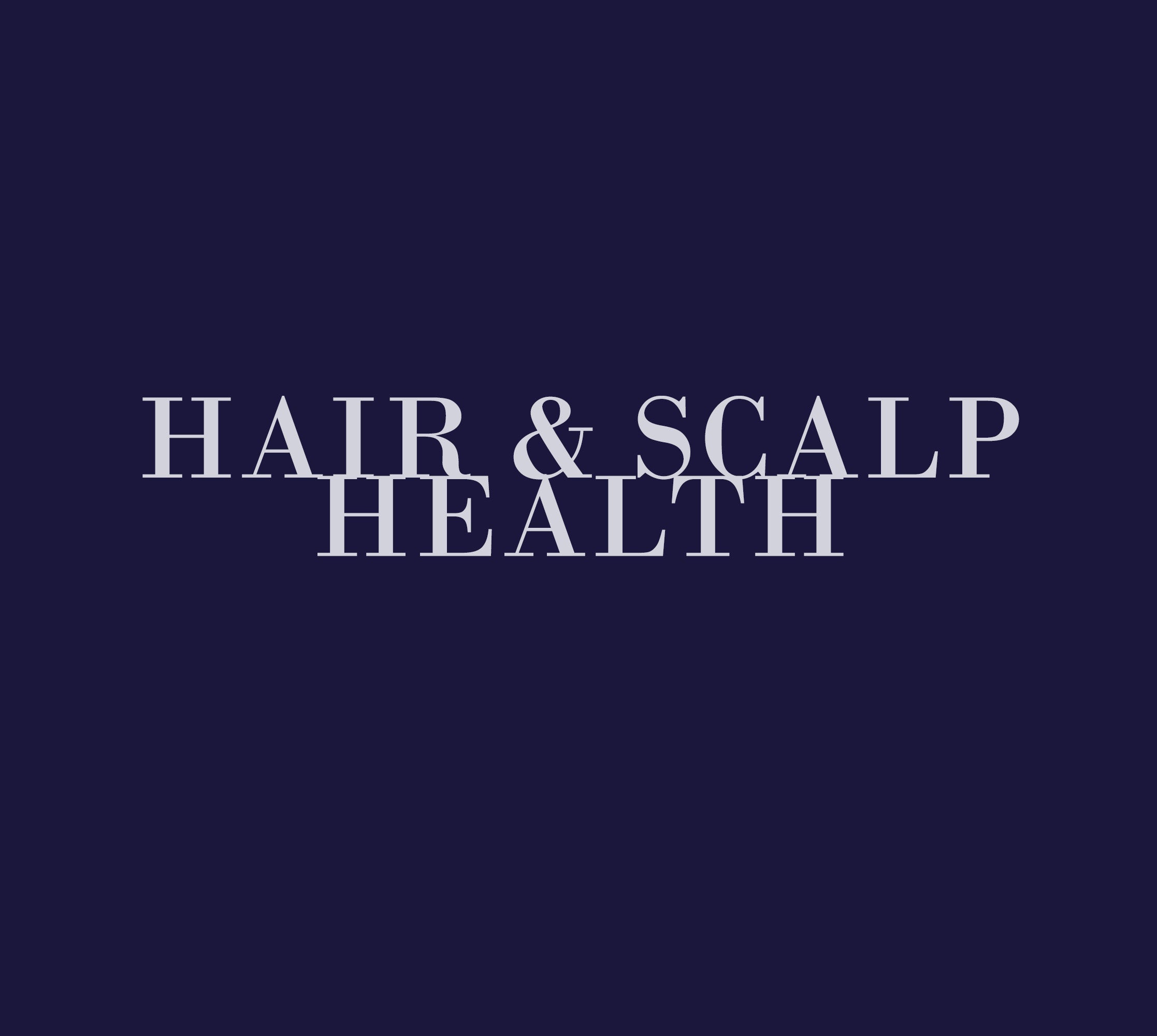
RELIABLE INFO
Hair Health: Essential Care for a Healthy Scalp

Basic Care for Scalp Health
-
Proper Cleaning: Understanding that healthy hair begins with the care of two areas – the scalp and the hair strands. These have distinct needs, requiring different attention. Using quality shampoos tailored to your scalp type (oily, dry, sensitive) is essential. Effective cleaning removes excess oil and impurities that can block hair follicles.
Avoid very hot water: Hot water can dry out both the scalp and the hair. We recommend using lukewarm to cold water.
Scalp massage: Before washing your hair, you can and should give your scalp a brief massage to promote blood circulation. We advise a gentle massage in circular motions using your fingertips (not nails) for 3 to 5 minutes.
-
Hydration: Using conditioner after washing is crucial not only to hydrate the strands but also to reduce frizz and make combing easier, preventing breakage. Apply only to the lengths and ends.
In addition to the conditioner, perform deep hydration treatments once a week or every two weeks, depending on your hair's needs.
Remove excess product: It is important to rinse well to avoid residues that can weigh down the hair.
-
Protection: Protect your hair from humidity with a leave-in. After washing, apply a leave-in to seal in moisture and protect the hair from external damage.
-
Nutrition – Healthy Diet: A balanced diet that includes a variety of quality protein sources, along with vitamins and minerals such as iron, zinc, and B vitamins, is essential to strengthen the hair and maintain scalp balance.
Adequate protein intake is vital for the production of keratin, a key component of hair.
Drinking water is also crucial to ensure the hair receives all necessary nutrients. Adequate water intake improves blood circulation, helping to deliver essential nutrients to hair follicles. It helps to maintain hair elasticity, and reducing breakage.
-
Avoid Harsh Chemical Products: Excessive use of products such as dyes, bleach, and straighteners can damage the hair structure and sensitise the scalp.
-
Consultation: See a trichologist to identify and address conditions such as dermatitis or early-stage alopecia.
